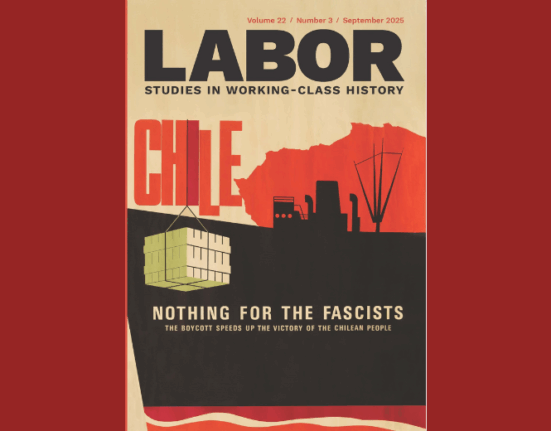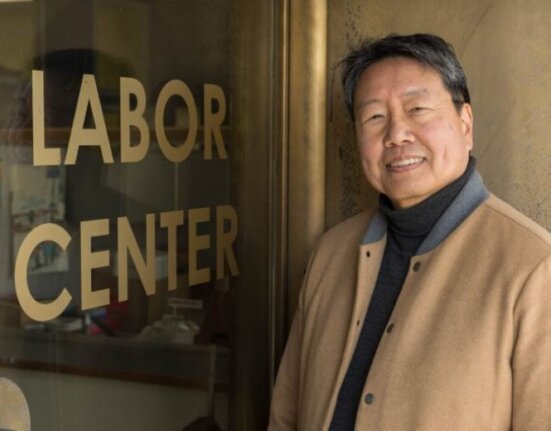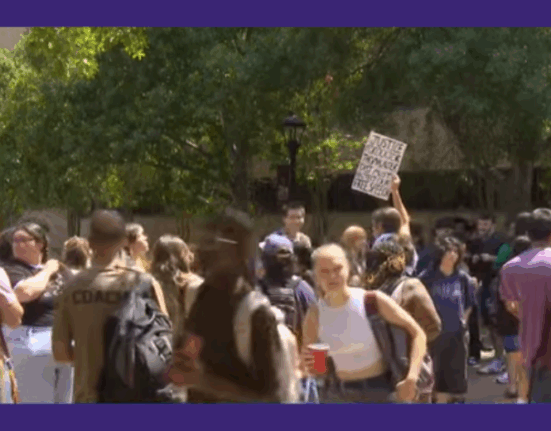On March 14, Tony Benn, who had spent the better part of half a century in the British Parliament died. About twenty years ago, I had the privilege of hearing and meeting him at my university, from which his wife had graduated. There are more conservative communities than Cincinnati, though offhand I can’t think of any north of the Mason-Dixon line. At the time Mr. Benn’s talk, as now, the city did have its share of labor unions–almost all of which had begun their deep immersion into the process of losing members and power–and none of which would ever even permit a serious discussion of a political party of labor. The city also has had its fair share of episodically extant socialist and radical groups, most of which have invitation-only meetings and engage in absolutely no public agitation. This may be reflect their aging demographic or the realization that any growth would deny them the enjoyment of sharing the same elevator after their private lodge meetings.
Into this less than ideal climate stepped Tony Benn, who offered a straightforward description of how contemporary class society was working out. And a quiet explanation of what solidarity was and how essential it is to any serious attempts to change that society. And the role of movement politics in the process. It energized people initially, and I frankly expected something interested to emerge from it.
However, the event had hardly finished before the fumigating against dangerous ideas began. Professors explained that they didn’t need to address Benn’s advocating of workers’ rights because he was himself from a privileged background. A union officer explained how a labor party made no sense in America, because we got everything we wanted through the Democrats–or once did–or thought we did–or, at least, they weren’t as harmful to working people as Republicans. And, since the socialists lacked any organizations that could realistically split over what should have happened 80 years ago, they began splitting hairs over the spectrum of betrayals possible at the hands of those socialists who actually did things in the real world like speaking publicly or holding office. The fumigation worked and people stumbled about into confusion coughing up any of the dangerous ideas they might have ingested. Many times over the years, I’ve thought back to the plain simple inability of Americans who seem to mean well to accept the responsibilities that come with that.

Upon his recent death, The Guardian, which has emerged as one of the most reliable news source available, has offered a compilation of his most memorable quotes. These used to appear in his talks regularly. The one I well remember from the talk here in the 1990s was
“If one meets a powerful person–Adolf Hitler, Joe Stalin or Bill Gates–ask them five questions: ‘What power have you got? Where did you get it from? In whose interests do you exercise it? To whom are you accountable? And how can we get rid of you?’ If you cannot get rid of the people who govern you, you do not live in a democratic system.”
A superb insight, the realization of which should bring some sense of responsibility to do something.
Here are the others, with a link to the Guardian piece . . . .
“A faith is something you die for, a doctrine is something you kill for. There is all the difference in the world.”
“There is no moral difference between a stealth bomber and a suicide bomber. Both kill innocent people for political reasons.”
“If we can find the money to kill people, we can find the money to help people.”
“I think there are two ways in which people are controlled. First of all frighten people and secondly, demoralise them.”
“Hope is the fuel of progress and fear is the prison in which you put yourself”
“Making mistakes is how you learn.”
“I now want more time to devote to politics and more freedom to do so”
“The House of Lords is the British Outer Mongolia for retired politicians.”
“We are not just here to manage capitalism but to change society and to define its finer values.”
10 of the best Tony Benn quotes – as picked by our readers, The Guardian, Saturday 15 March 2014







